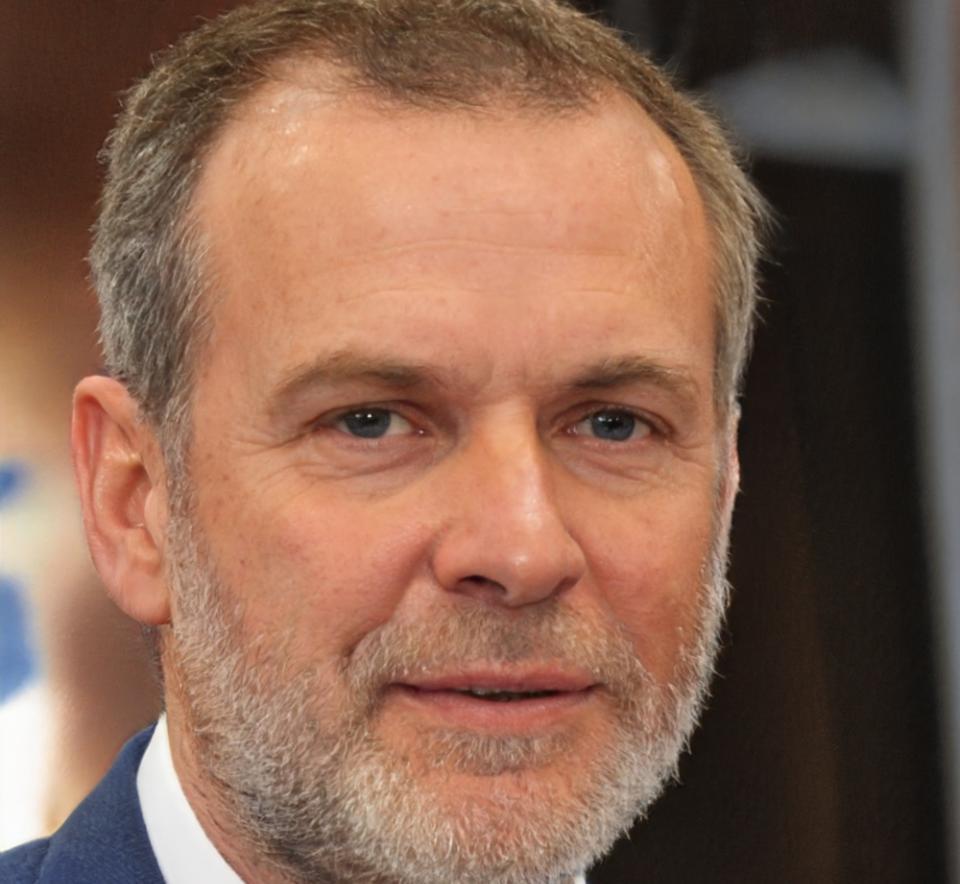Build Games That Actually Make Money
Most mobile games fail because developers focus on gameplay but ignore monetization until it's too late. We teach you how to design revenue into your game from day one—without destroying player experience.
Explore Program Details
Master Three Core Revenue Strategies
Each monetization model requires different design thinking. We break down when to use each one and how to implement it without making players feel exploited.
In-App Purchases
Learn what players actually want to buy. We study successful games like Genshin Impact and analyze why certain items sell while others sit ignored. You'll design purchase flows that feel natural, not predatory.
Ad Integration
Rewarded videos can boost revenue by 40% when placed correctly. But one wrong placement kills retention. We show you exactly where ads work based on real player behavior data from casual and hyper-casual games.
Premium Models
Some games still work better as paid apps. We help you spot when premium pricing makes sense and how to market it in a free-to-play dominated marketplace. Case studies include Stardew Valley mobile and Monument Valley.

Real Games, Real Numbers
Forget theoretical lectures. You'll tear apart actual monetization systems from top-performing games. We provide anonymized revenue data from indie studios so you see what really happens after launch.
- Analyze A/B test results from live games with 100k+ daily players
- Study failed monetization attempts and understand exactly why they tanked
- Build your own monetization prototype and test it with volunteer players
- Get feedback from developers who've shipped profitable mobile games
Our September 2025 cohort includes guest sessions with developers who've generated over €2M from mobile games. They'll review your work and tell you what would actually survive the market.
See Full CurriculumFour Phases That Build on Each Other
The program runs 16 weeks starting autumn 2025. Each phase focuses on one aspect of monetization design, and you'll create portfolio pieces that demonstrate real understanding to potential employers or investors.
Player Psychology
Why do players spend money in games? What makes a purchase feel fair versus manipulative? We start with behavioral economics and motivation theory before touching any design tools.
Monetization Systems
Design economies that don't break. Learn how to balance currency sinks and sources, price virtual goods, and create progression systems that encourage spending without requiring it.
Analytics & Testing
Track the metrics that actually matter. Daily active users mean nothing if they don't convert. You'll learn to read cohort analysis, calculate lifetime value, and run proper A/B tests.
Market Strategy
Getting players costs money. We cover user acquisition basics, platform requirements for different stores, and soft launch strategies. Plus the legal stuff around loot boxes and regional pricing.


Matej Horvat
Former monetization designer at two Slovenian studios. Worked on three games that exceeded 1M downloads.
Why This Program Exists
I spent three years making every possible monetization mistake. My first game had beautiful mechanics but made €200 total. Players loved it, then deleted it. The second game monetized better but felt so aggressive that review scores tanked.
The third game finally worked. Not because it was more fun, but because I learned how to design monetization as part of the core experience instead of tacking it on afterward. Revenue came from players who felt good about spending because they got clear value.
I built this curriculum around the questions I wish someone had answered when I started. You'll avoid the expensive mistakes and focus on strategies that actually work in today's market. And you'll do it without becoming the kind of developer who views players as walking wallets.
The program includes access to our alumni network of 40+ developers across Europe who regularly share what's working in their current projects. That ongoing knowledge exchange often proves more valuable than the course itself.
Questions at Each Stage
Different concerns pop up as you move from considering the program to actually joining. Here's what people typically ask at each point.
Before You Enroll
Do I need programming experience?
Basic familiarity helps but isn't required. We focus on design and business strategy. If you can install Unity or Godot and follow tutorials, you have enough technical background. Several past participants came from marketing or art backgrounds.
What if I don't have a game idea yet?
That's fine. Most participants start without a specific project. The first month exposes you to different monetization models, and you'll naturally gravitate toward one that matches your interests. We also provide backup project ideas if you want direction.
During the Program
How much time does this actually take per week?
Plan for 8-12 hours. Two live sessions weekly (3 hours total) plus homework assignments and reading. Some weeks require more time when you're testing prototypes with players. The schedule works for people with full-time jobs.
Can I get help between sessions?
Absolutely. We run a Slack workspace where instructors and alumni respond to questions usually within a few hours. Many participants form study groups that meet outside official sessions. You're not on your own.
After Completion
What do graduates typically do next?
About 40% join mobile game studios in monetization or product roles. Another 30% launch their own projects with better revenue strategies. The rest use this knowledge in adjacent fields like app development or digital marketing. We track outcomes and share them transparently.
Do you help with job placement?
We don't guarantee positions, but we connect graduates with studios actively hiring. Several Slovenian and Croatian companies specifically ask us to recommend candidates. Your portfolio projects from the program serve as practical proof of skills.